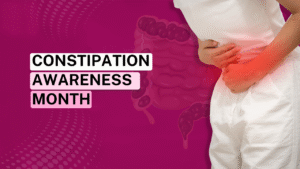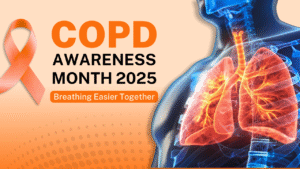
World #AIDS Day takes place on 1st December each year. It’s an opportunity for people worldwide to unite in the fight against HIV, to show support for people living with HIV, and to commemorate those who have died from an AIDS-related illness. Founded in 1988, World AIDS Day was the first-ever global health day.
Indian statistics
India has the third largest HIV epidemic in the world. In 2017, HIV prevalence among adults (aged 15-49) was an estimated 0.2%; this equates to 2.1 million people living with HIV. The three states with the highest HIV prevalence, Manipur, Mizoram and Nagaland.
Medication:
Antiretroviral therapy (ART) is the use of HIV medicines to treat and control HIV infection.
HIV and lipodystrophy: Lipodystrophy refers to the changes in body fat that can affect some people with HIV. It can include buildup of body fat, loss of body fat, or both. Fat build up can occur around the organs in the abdomen, back of the neck between the shoulders (called a buffalo hump)
It may be due to the medicines used to treat HIV. There are ways to manage it. Making dietary changes and getting regular exercise help to build muscle and reduce abdominal fat.
Exercise
Regular exercise has been shown to reduce fat accumulation in people with HIV #lipodystrophy (changes in body fat), whilst helping to build muscle in the areas where fat has been lost. As there is #muscle wasting in these patients weight training exercises help preserve lean mass and quality of life.
Nutrition
Patients suffering from AIDS are #immunocompromised i.e. they have a reduced ability to fight infections and diseases. A healthy diet also helps strengthen the immune system and preserves muscle. First-class #protein helps build muscles and a strong immune system. People who are HIV-positive need extra vitamins and minerals to help repair and heal damaged cells. Practice food safety practices to reduce infection.
- Wash your hands before preparing or eating food.
- Wash and cook all fresh produce carefully.
- Do not eat raw or undercooked eggs or meat.
- Use bottled or filtered water if the public water supply is not totally safe.
- If you are an AIDS patient, your risk for Covid-19 may be higher. It is important to continue your treatment and take adequate preventive actions to keep yourself safe from COVID-19.
Shweta Bhatia, Registered Dietitian, Mind your Fitness!





